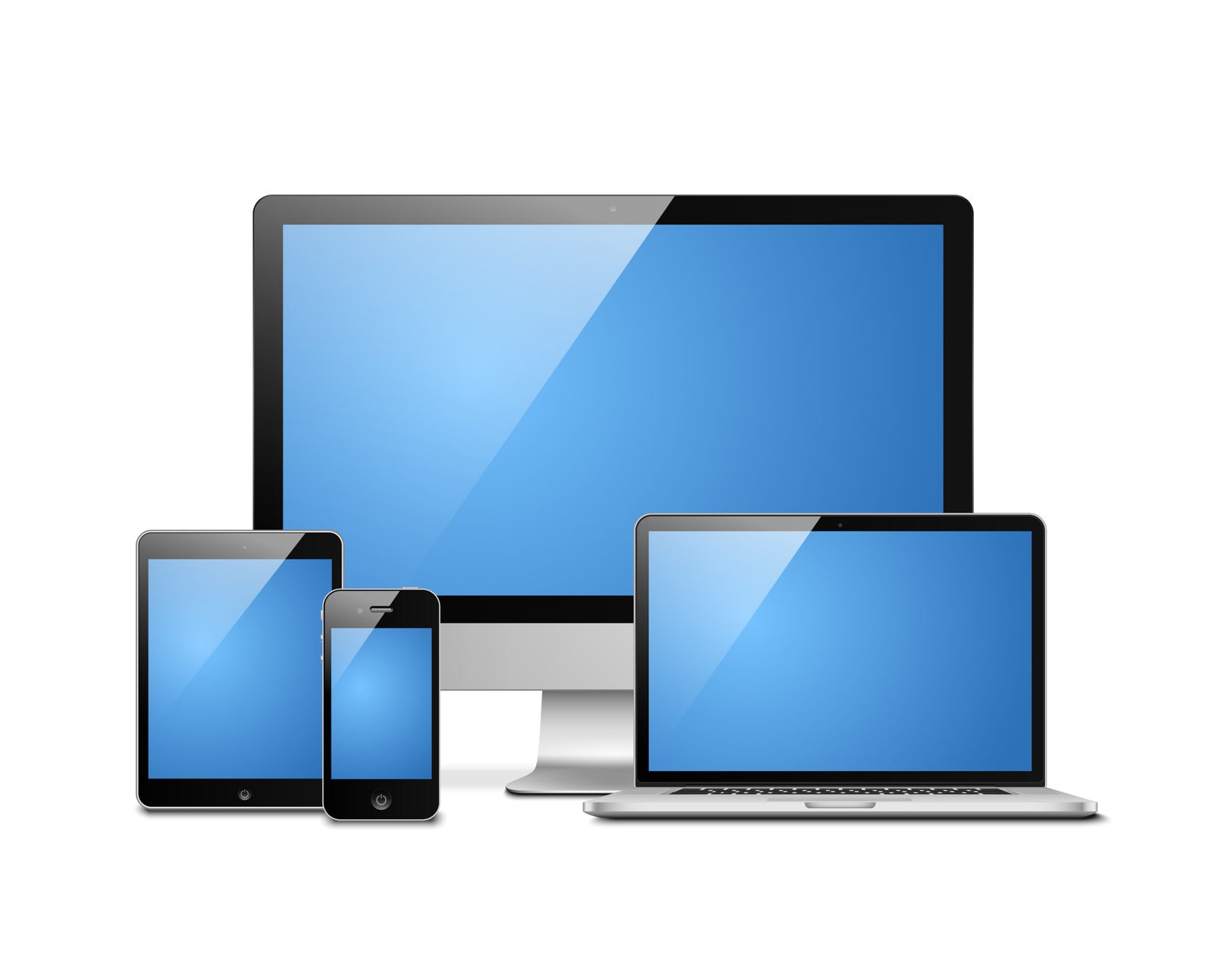The boom in social media, combined with the benefits of e-tail, have made us heavily reliant on our smart devices. From online banking, shopping, streaming, gaming, possibilities have become endless. The work-from-home norm due to the Covid pandemic has made even more people who were not tech-savvy to procure a smart device – either for educational purposes or for office work.
Irrespective of what device/s you own, whether it is a PC, tablet or a smartphone – you should consider securing your device with a dedicated antivirus software.

The following are some basic practices to reduce the chances of compromising device security irrespective of your device platform:
- Avoid using pirated software or apps – They may have security liabilities or malicious programs integrated into them
- Choose your passwords carefully – Avoid using the same password on multiple websites and try to change them occasionally. Include special characters and use a combination of upper-case and lower-case alphabets in addition to numbers.
- Keep device OS up to date – Developers are constantly working to fix bugs, improve software usability and eliminate security vulnerabilities so make sure you never skip any updates with security patches.
- Enable two-factor authentication wherever possible – This prevents unauthorised access to your user account even if your password has been compromised. Access will not be provided unless the login-attempt is verified in real-time from another device.
Why should I bother about cybersecurity?
- To preserve device health and prevent loss of data – Classically, a malware infestation manifests as your device slowing down, deletion of your personal data and consumption of empty device storage for no particular reason. These symptoms progressively get worse before causing significant difficulties with normal device functionality before completely shutting it down – At that point the only way to restore normal device function may be a complete system OS reset, which in all likelihood may cause loss of stored data – a huge problem unless you have everything backed-up.
- To prevent loss of personal credentials – While social media has helped us connect to new people, it has also compromised privacy by making our personal data accessible to others. A decent antivirus for PC maintains your online privacy and prevents access to sensitive personal and financial information by constantly monitoring your digital footprint.
- To prevent a ransomware attack – Especially important if you are using a device for your company related work, falling victim to ransomware is extremely undesirable and may cost you a lot of money in exchange for your data.
What does an antivirus software do?
- Prevent malware infestation – The primary job for an antivirus, this is done by identifying virus signatures. The antivirus software constantly receives updates for the latest virus signatures which are identified by a dedicated team of cybersecurity experts working around the clock. The most common ways to introduce malware into your device is by opening email attachments that have not been scanned or by visiting malicious websites which may trick you by resembling their authentic and popular counterparts. Another common way is from accessing previously infected USB storage devices which have not been scanned. An antivirus software keeps you secure from all the above circumstances by identifying threats before you open them.
- Provide Transaction security – Your antivirus comes with added security measures for all your financial transactions online, such as by providing an additional layer of encryption.
- Provides additional utilities for device maintenance and services like VPN which allow you to browse the internet anonymously and allow access to content that may not be available in certain regions.
- Prevent access to inappropriate content for children accessing the internet. This significantly reduces the chances of your children being stalked by online predators. You can personally configure Parental controls as required.
Can I secure multiple devices?
- It ultimately boils down to what Operating System your device is running on. Most reputable companies dealing in device security solutions such as Bitdefender already offer antivirus solutions for all popular PC and Mobile Operating Systems – including Windows, Android, and iOS.
- There are multiple plans available with varying degrees of security features – so take your time and go through them before subscribing to the one that best serves your requirements.
- In case you own multiple devices and they have different Operating Systems, cross-platform security solutions are also available which significantly reduces the hassle of buying multiple plans for each device. For example, you can secure your Windows PC and your iPhone under one plan.
Investing a nominal fee for device security is well worth your times and something that should be prioritised. In this article we have discussed specifically why you should do so and how easy it is to secure multiple devices.

















